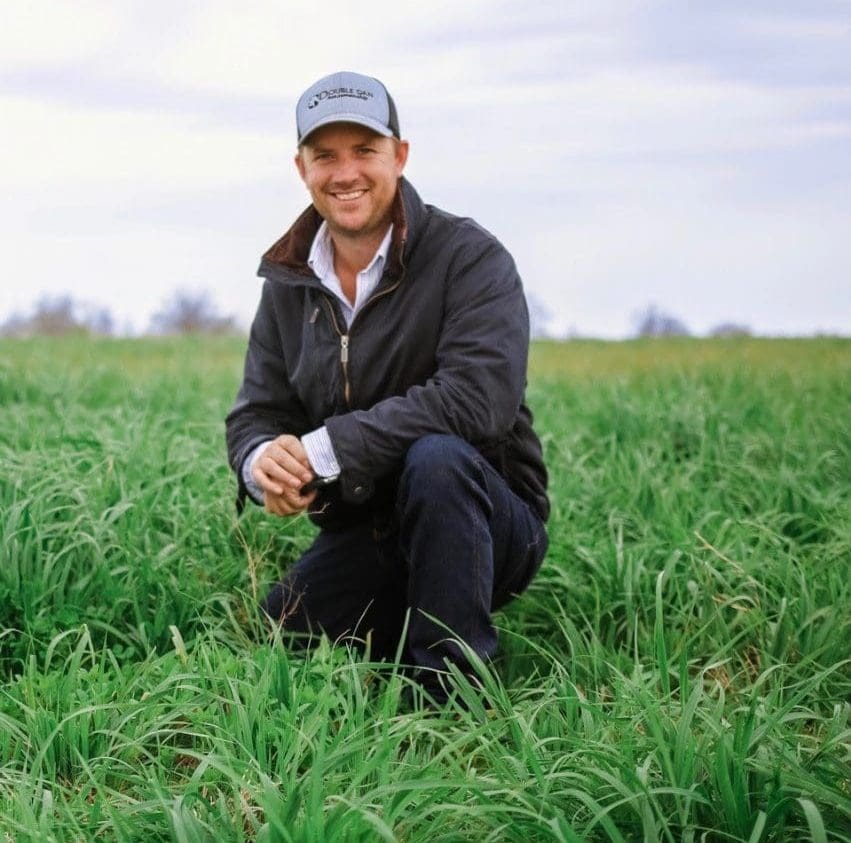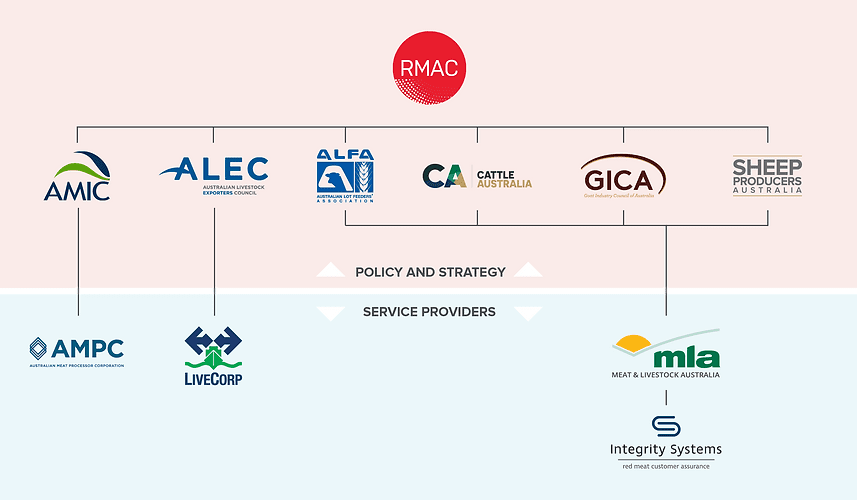THE grassfed cattle industry’s peak representative body has doubled down on its push for a review of the industry’s goal to become carbon neutral by 2030, with the board last week meeting for the final time this year.
In one of its biggest policy announcements since forming last year, Cattle Australia has been calling for the industry to change its goal from carbon neutral to climate neutral. The push mostly came off the back of a CSIRO report, which suggested that climate neutral was a more fitting target for the industry – and that the industry was almost at a point where it is no longer adding to global warming.
The main argument is over the reporting metric, with carbon neutral using the GWP 100 metric, which does not account for the short-lived nature of methane from livestock. CA is pushing for the use of metrics that are more focused on warming effect than emissions.
CA is not the only agricultural lobby group to be pushing for a move away from carbon-based goals, with Beef + Lamb NZ and America’s National Cattleman’s Beef Association pushing towards climate neutral.
CA board director Adam Coffey said the reporting metrics had come on the group’s radar again after meeting with Federal Government to discuss a “net zero plan” for agriculture.
“It’s alarming to see commentary in the discussion paper around agricultural emissions ‘increasing as a percentage of annual national emissions as the energy sector transitions to renewable sources’,” he said.
“If some two thirds of agricultural emissions are attributed to enteric methane emissions from livestock which are being vastly overstated then where is the level playing field?
“If the Paris agreement is a temperature target designed to limit warming then why are enteric methane emissions measured in a cumulative, one-way fashion which completely ignores our ability to recapture emissions in our vast natural and well managed landscapes?”
Why is a CN30 review not happening?
While CA’s position on CN30 is clear, there has been little movement on a review of the target. Meat & Livestock Australia managing director Jason Strong penned this op-ed earlier this year outlining MLA’s position on it.
Asked if MLA was required to act on direction from CA, an MLA spokesperson said: “we consult widely to guide our research investment decisions, including on CN30 and climate neutrality.
“This consultation includes the peak councils, regional advisory committees, producers, taskforces, and many other stakeholders.
“It shouldn’t be a debate about climate neutral versus carbon neutral – in fact, climate neutrality is an important component of carbon neutrality.”
MLA’s pursuit of CN30 is part of the “Red Meat 2030” strategic plan which has been endorsed by six peak industry bodies – including CA.
The Red Meat Advisory Council is the custodian of red meat 2030. Asked what would need to happen for CA’s position to be reflected in Red Meat 2030, RMAC chair John McKillop said: “RMAC works closely and collaboratively with all member Peak Industry Councils and the three red meat Rural Research and Development Corporations, to assess our performance and ensure our strategic plan remains fit for purpose. When Red Meat 2030 was first launched in 2019 we knew this would be an ambitious and challenging plan that would need to evolve over time.
“Industry’s focus remains on reducing its emissions while not impeding our ability to feed the world, and to continue the trajectory of ever-increasing sustainability. The progress we have made to date, irrespective of the metric used is nothing short of spectacular. The industry, through MLA, reports our industry’s emissions using GWP100, GWP* and net methane, and will continue to do so.
“RMAC regularly facilitates discussions with the Peak Industry Councils to identify opportunities to build on our strategic plan and to support our pathways to achieving our shared vision of doubling the value of Australian red meat sales by 2030,” said Mr McKillop.
Mr Coffey said he believed CA’s position on CN30 should carry extra weight.
“It is clear that grassfed cattle producers are going to see the most impact from the carbon neutral target, so we should have a bigger say on how this policy is directed,” he said.
“It should be noted that some 80pc of emissions mitigation under the modelling is attributed to revegetation and reforestation. Beef producers understand the importance of grass/tree balance but we should be doing it in the name of productivity, profitability and sound ecological outcomes – not in the name of offsetting emissions which on a scientific basis do not belong to us.”
MLA says all actions within CN30 are primarily focused on profitability and productivity.
Changing CN30 a “huge conversation starter”
With carbon neutrality seemingly becoming the benchmark climate target for large beef supply chain companies, like Coles, Woolworths and McDonald’s, Mr Coffey said changing CN30 was an important step towards getting a better deal for the cattle industry.
“It’s up to us to push this issue and correct inherent errors and the resulting narrative around how grass-fed enteric methane emissions are accounted for,” he said.
“Livestock sectors across the world have been questioning the basis on which they’re measured and accounted for and it’s become very apparent to me in the various consultative processes Cattle Australia enters on behalf of producers that no one else is going to do the hard yards on our behalf. Changing CN30 would be a huge conversation starter.”
With the CSIRO report earlier this year saying the cattle industry could be climate neutral by 2026, Mr Coffey said the industry had a good story to tell.
“Grass-fed beef production in Australia is very close to a point where we no longer contribute to warming,” he said.
“A stable herd doesn’t increase warming so will we be rewarded for our ambitious work towards a climate neutral target or will we continually be asked to do more?
“It beggars’ belief that we are all trying to align targets and set goals to deal with climate change and no one is talking about the warming effect.”


